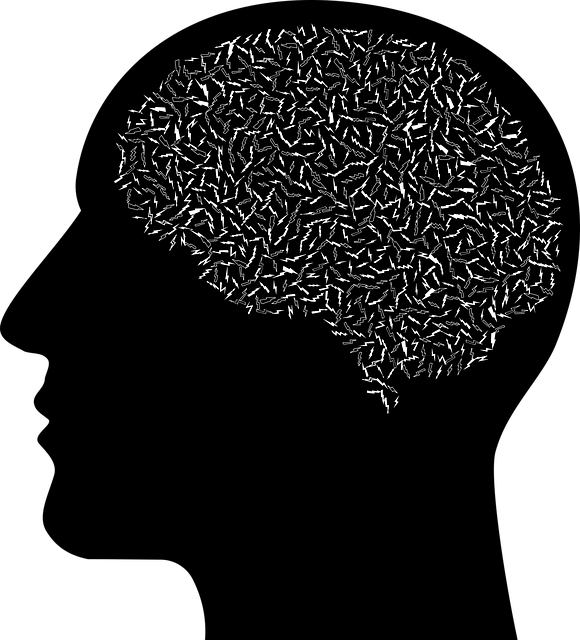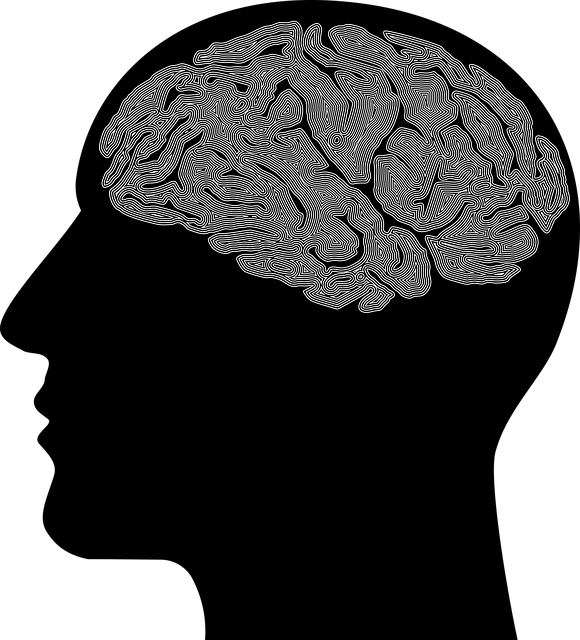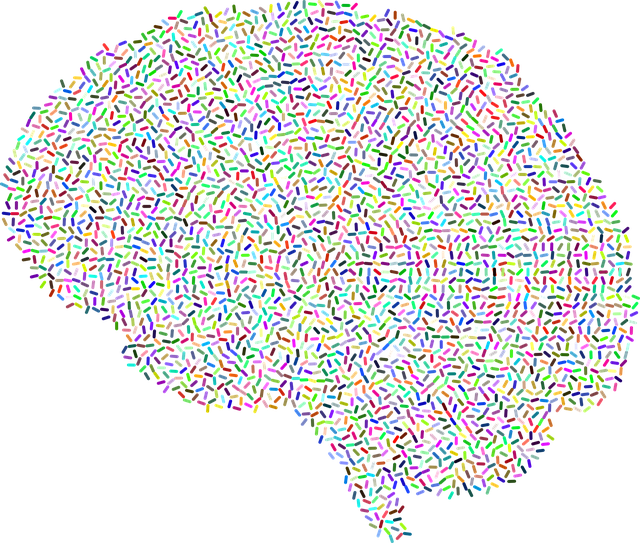Resilience is key to overcoming life's challenges, especially trauma, as evidenced by the growing focus on Centennial Adjustment Disorder (CAD) therapy. This approach integrates RFM (Risk, Resilience, Mental Health) principles to build mental fortitude through understanding risk factors and past stress responses. CAD therapy uses tailored coping strategies, mindfulness practices, and self-care to address social, economic, and technological stressors, helping individuals process trauma and develop emotional regulation skills for a more resilient adult life. Effective communication strategies and crisis intervention techniques reinforce positive changes and promote recovery in both CAD patients and mental health professionals working with high-stress environments.
Resilience is a powerful tool in navigating life’s challenges, especially when coupled with RFM (Recovery, Flexibility, and Mastery) techniques. This article explores how understanding RFM can empower individuals to build resilience, offering strategies for coping with modern issues like Centennial Adjustment Disorder (CAD). By delving into the impact of childhood trauma on adult mental health, we uncover methods to enhance emotional regulation and develop effective coping strategies. Additionally, it introduces integrating RFM into therapy practices for lasting positive change in CAD therapy.
- Understanding RFM and Its Role in Resilience Building
- Centennial Adjustment Disorder: A Modern Challenge
- The Impact of Childhood Trauma on Adult Mental Health
- Exercises to Enhance Emotional Regulation and Coping Strategies
- Integrating RFM into Therapy Practices for Lasting Change
Understanding RFM and Its Role in Resilience Building

Resilience is a vital component of overall well-being, especially in navigating life’s challenges and traumas. This is where RFM (Risk, Resilience, and Mental Health) comes into play, offering a structured approach to enhancing resilience. RFM isn’t just about managing risks; it’s a therapeutic framework designed to help individuals and communities build mental fortitude. By understanding their own risk factors and previous responses to stressful events, people can develop effective coping mechanisms, a key aspect of Centennial Adjustment Disorder Therapy.
For mental health professionals, integrating RFM principles into practice goes beyond individual therapy sessions. It involves strategizing with clients on long-term risk management planning, fostering public awareness campaigns around mental health, and even teaching conflict resolution techniques—all essential tools in the pursuit of building resilience within individuals and communities.
Centennial Adjustment Disorder: A Modern Challenge

In today’s fast-paced world, a growing mental health concern is gaining prominence—Centennial Adjustment Disorder (CAD). This condition, characterized by an individual’s struggle to adapt and adjust to the rapid changes and demands of modern life, presents unique challenges for both sufferers and healthcare providers. CAD therapy aims to equip individuals with the tools needed to navigate this complex landscape, fostering resilience and adaptability.
The disorder often manifests as a response to various stressors, including social, economic, and technological advancements. For instance, the constant connectivity of digital age can contribute to feelings of isolation and anxiety. Cultural sensitivity in mental healthcare practice plays a pivotal role in addressing CAD, as it involves recognizing and understanding the diverse cultural backgrounds and experiences that shape an individual’s adjustment process. By incorporating stress reduction methods and conflict resolution techniques into therapy, professionals can assist clients in developing coping strategies that are both effective and culturally sensitive.
The Impact of Childhood Trauma on Adult Mental Health

Childhood trauma can have profound and lasting effects on an individual’s mental health in adulthood. Events such as abuse, neglect, or exposure to violent environments can shape a person’s emotional landscape, leading to various mental health disorders like Post-Traumatic Stress Disorder (PTSD) and Centennial Adjustment Disorder. These conditions often manifest as chronic anxiety, depression, and difficulty regulating emotions. The impact of trauma extends beyond the initial experience, affecting relationships, decision-making, and overall well-being throughout life.
Addressing childhood trauma is essential for resilience building. Techniques like mindfulness meditation and practices that embrace Mind Over Matter principles can be transformative. Self-esteem improvement is a crucial aspect of healing, as it empowers individuals to challenge negative beliefs and foster a sense of safety and worthiness. Through therapy, specifically tailored approaches such as Centennial Adjustment Disorder therapy, offer a path towards processing trauma, rebuilding trust, and developing healthy coping mechanisms for a more resilient adult life.
Exercises to Enhance Emotional Regulation and Coping Strategies

Emotional regulation is a cornerstone of resilience building, and various exercises can help individuals manage their emotions effectively. One such technique, often employed in Centennial Adjustment Disorder Therapy, involves mindfulness practices. Encouraging individuals to focus on the present moment and observe their thoughts and feelings without judgment can significantly reduce reactivity to stressful situations. Simple breathing exercises, guided meditations, and body scans are accessible tools that can be easily integrated into daily routines, fostering a sense of calm and emotional control.
Additionally, crisis intervention guidance offers valuable coping strategies for navigating intense emotions. Techniques like cognitive reframing, progressive muscle relaxation, and positive self-talk empower individuals to challenge negative thought patterns, reduce anxiety, and prevent burnout. These evidence-based methods are particularly relevant in the context of healthcare professionals who frequently face high-stress environments, making Burnout Prevention Strategies for Healthcare Providers an essential aspect of resilience building.
Integrating RFM into Therapy Practices for Lasting Change

Integrating RFM (Resilience, Flexibility, and Mastery) into therapy practices offers a powerful approach for fostering lasting change in individuals dealing with issues like Centennial Adjustment Disorder. This method goes beyond traditional talk therapy by equipping clients with practical tools to navigate life’s challenges. By focusing on resilience, therapists help individuals develop an inner strength that allows them to adapt and grow from difficult experiences.
Incorporating self-care practices into RFM therapy is key. It encourages patients to prioritize their well-being, which is essential for managing trauma and fostering a sense of control. Through effective communication strategies, therapists can guide clients towards understanding their emotions and triggers, enabling them to make positive changes and develop healthy coping mechanisms. Trauma support services tailored around RFM can significantly enhance recovery, promoting resilience and a deeper sense of self-mastery.
Resilience is a powerful tool in navigating life’s challenges, especially those stemming from childhood trauma. By integrating RFM (Resilience-Focused Therapy and Mindfulness) exercises into therapeutic practices, professionals can empower individuals to overcome conditions like Centennial Adjustment Disorder. This approach fosters emotional regulation, enhances coping strategies, and promotes lasting positive changes. Understanding the impact of early experiences and providing targeted interventions are key steps towards building resilience for a healthier, more fulfilling future.













